
Book now for RKEDF training in March 2025
Click on the titles to find further details and book your place
ECRN: Intellectual Property and Your Research
Tuesday 4th March 14:00-15:30 – online
Intellectual Property underpins academic research, as it is through Intellectual Property protection that we can protect, commercialise, and own our research & creative outputs. As researchers, we are constantly engaged in the works and products of others, all of which are underpinned and protected by Intellectual Property. We are also constantly creating our own outputs that can be protected by Intellectual Property. This workshop will explain the key areas of Intellectual Property that relate to academic research; how to protect your own Intellectual Property; and how to avoid infringing on the Intellectual Property of others.
Research Data Management: An introduction
Wednesday 5th March 12:00 – 13:00 – online
Attendance is recommended for any academic wishing to maximise the impact of their research data, and to learn how it can be managed through the research life cycle in a way that complies with research best practice and any legal, ethical or commercial requirements. It aligns with BU’s Research Data Policy, which closely reflects many funder and journal requirements.
Writing for The Conversation interactive workshop
Wednesday 5th March 14:00-16:00, in person, Talbot Campus
Learn how to consider the news potential of your expertise, how to look for story hooks and angles from the news, how to write a quality story pitch to section editors, and other advice. In this interactive session, you’ll find out more about communicating your research to the public, what The Conversation is looking for, and have the chance to discuss your research with a Conversation editor and pitch potential story ideas.
BRIAN – drop-in surgery – no booking required
Tuesday 11th March 14:00-16:00, F203, Fusion Building, Talbot Campus
This is a 2 hour drop in surgery for any questions or issues relating to BRIAN. No question is a stupid question so pop in and ask.
ECRN – Imposter Syndrome
Wednesday 19th March 13:00-14:00, in person, Talbot Campus
This session is aimed at colleagues dealing with feelings of imposter syndrome in academia. The session will offer a space to discuss this growing issue as well as offer advice, guidance and support on how to manage, avoid and overcome such feelings. At the end of the session attendees will have achieved greater confidence in developing their career and profile. This workshop aimed at: All staff – Academic, teaching, research, professional services.
Principal Investigation – Post Award for RKE
Wednesday 19th March 13:00-14:30, in person, BGB, Lansdowne
This session is aimed at any researcher who is or plans to be a Principal Investigator for an externally funded research or knowledge exchange project. By the end of the session, attendees will have a strong foundation of what to expect when being responsible for their awarded projects. Topics covered include:
- What is post award? • Roles and responsibilities • Systems
- Key policies • Starting your awarded project • Making changes to your project and reporting • Hints and tips
KTP Development
Wednesday 19th March 13:00-14:00, in person, Talbot Campus
Sometimes organisations can see an opportunity for growth, something that will supercharge their business, but they don’t quite know where or how to start. That’s when a Knowledge Transfer Partnership could help. We are hosting a series of developmental sessions for staff (and businesses) to debunk myths, provide insights, and forge connections. This session will focus on Fiduciary Responsibility and Evaluation of Company Accounts, Demonstration of Financial Strength, Suitability of Company Finances & Eligibility for KTP Scheme.
Links for further RKE information and support are below:
RKE SharePoint page: RKE – Home
RKEDF SharePoint for development opportunities: Research and Knowledge Exchange Development Framework RKEDF – Home
RKEDF Brightspace: Homepage – Research & Knowledge Exchange Development Framework
Please help us in avoiding any waste of resources; make sure you can attend or cancel your booking prior to the session. For any further information, please contact RKEDF@bournemouth.ac.uk
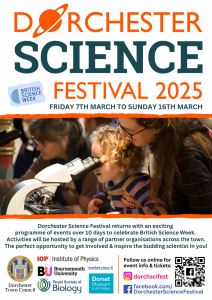



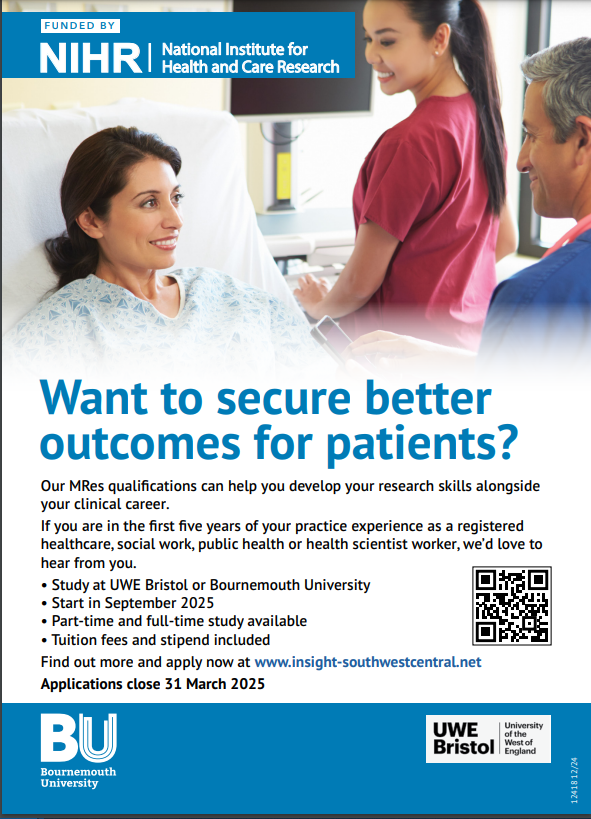
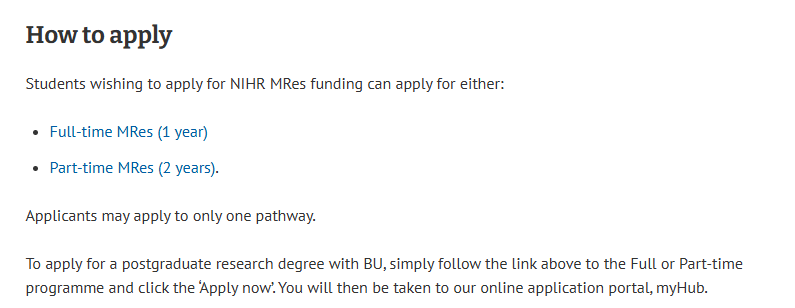
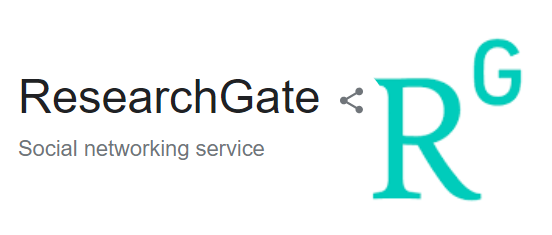


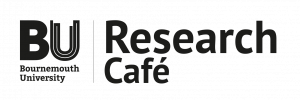





 BU Research Centre CSSRC is celebrating its interdisciplinary and intersectoral research around Sustainable Consumption on Wednesday 26th February 2025, 3.15-5.00pm.
BU Research Centre CSSRC is celebrating its interdisciplinary and intersectoral research around Sustainable Consumption on Wednesday 26th February 2025, 3.15-5.00pm. Being Human
Being Human
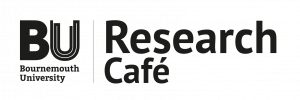 Event details
Event details
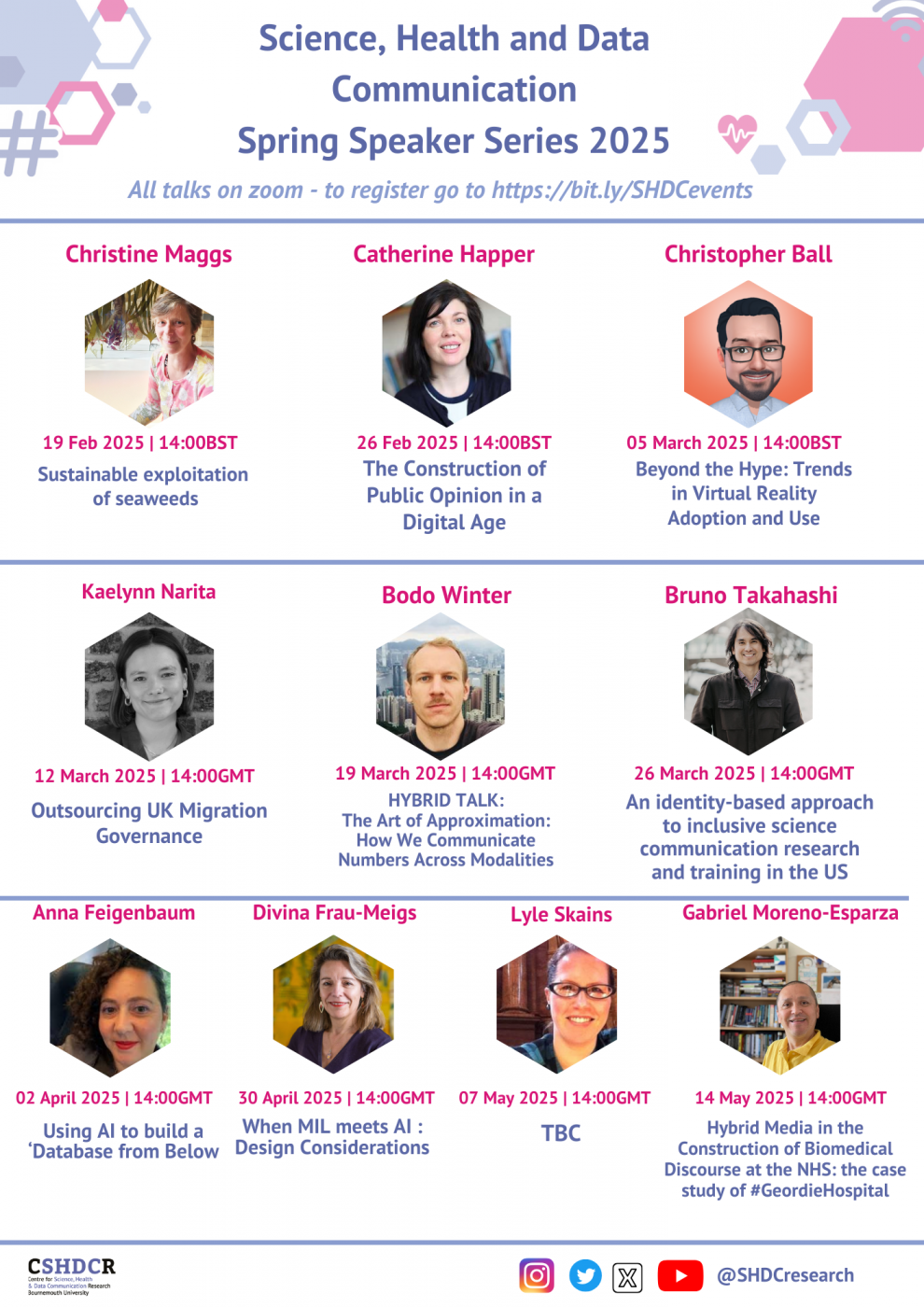











 SPROUT: From Sustainable Research to Sustainable Research Lives
SPROUT: From Sustainable Research to Sustainable Research Lives BRIAN upgrade and new look
BRIAN upgrade and new look Seeing the fruits of your labour in Bangladesh
Seeing the fruits of your labour in Bangladesh Exploring Embodied Research: Body Map Storytelling Workshop & Research Seminar
Exploring Embodied Research: Body Map Storytelling Workshop & Research Seminar Marking a Milestone: The Swash Channel Wreck Book Launch
Marking a Milestone: The Swash Channel Wreck Book Launch ECR Funding Open Call: Research Culture & Community Grant – Application Deadline Friday 12 December
ECR Funding Open Call: Research Culture & Community Grant – Application Deadline Friday 12 December MSCA Postdoctoral Fellowships 2025 Call
MSCA Postdoctoral Fellowships 2025 Call ERC Advanced Grant 2025 Webinar
ERC Advanced Grant 2025 Webinar Update on UKRO services
Update on UKRO services European research project exploring use of ‘virtual twins’ to better manage metabolic associated fatty liver disease
European research project exploring use of ‘virtual twins’ to better manage metabolic associated fatty liver disease